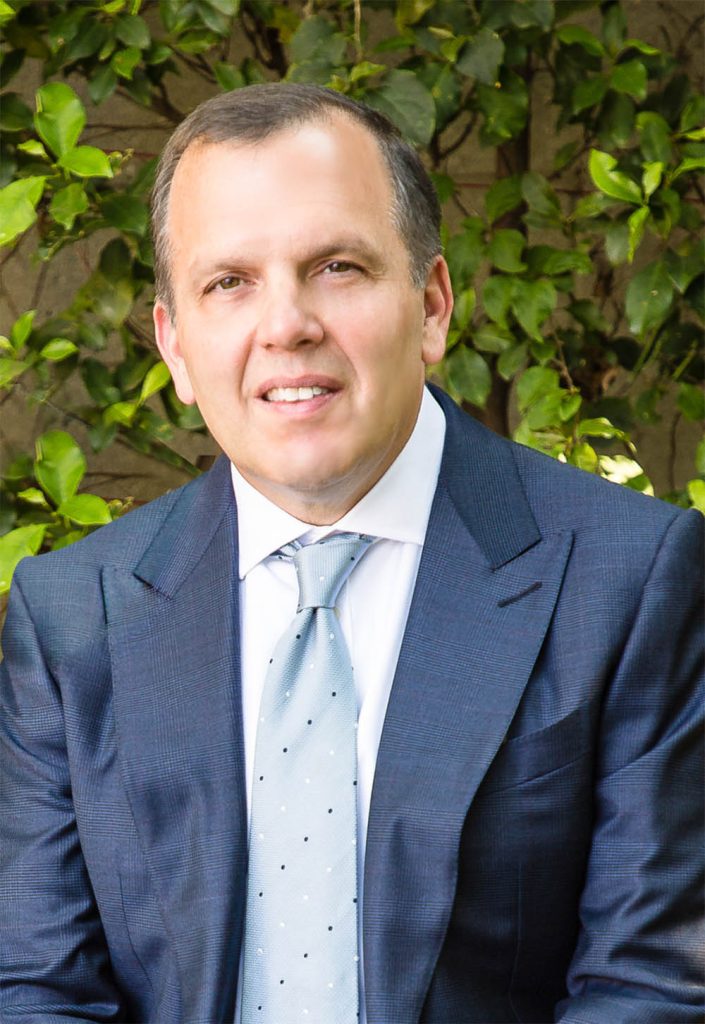
Dr. Laurence Orbuch
Laurence Orbuch, M.D., FABOG
Dr Laurence Orbuch – Endometriosis Specialist, Gynecologist
Summary: Dr Laurence Orbuch is a highly respected endometriosis specialist in Los Angeles, known for his comprehensive and compassionate approach to care. Patients seeking expert treatment often turn to Dr Orbuch for his deep understanding of the complex, multifactorial nature of endometriosis. As Dr Laurence Orbuch explains, the condition is influenced by genetic, environmental, and autoimmune factors, requiring a personalized, whole-body approach to healing.
At his Los Angeles practice, Dr Orbuch specializes in excision surgery and works closely with pain management specialists to develop tailored treatment plans. These may include anti-inflammatory medications, neuromodulators, vaginal suppositories, and trigger point injections. His approach extends beyond surgery, addressing coexisting conditions like pelvic floor dysfunction, GI issues, and mental health. With years of experience, Dr Laurence Orbuch offers thoughtful, evidence-based care that empowers patients to improve their quality of life with confidence and clarity.
City: Los Angeles, California
Philosophy: I believe that the origins of endometriosis lie in the metaplasia theory and can also be influenced by genetic predisposition and environmental factors, and toxins, which can promote its evolution. Endometriosis is also an inflammatory condition, with autoimmune elements as well, which predisposes these patients to sensitivity to other inflammatory triggers. It is therefore important to counsel these patients on how to improve their environment in regards to the foods they eat, products they use, and habits that can better serve them. My approach to treating these individuals encompasses a holistic evaluation and streamlining of all aspects of their health and daily life.
What type of surgery do you perform for endometriosis?:
Excision
Medication: I utilize anti-inflammatory medications such as ibuprofen and Celebrex, as well as neuromodulators, pregabalin, and gabapentin. I also recommend compounded vaginal suppositories containing Valium, Baclofen, and Lidocaine. In addition, some patients also benefit from trigger point nerve injections. The use of any and all medications is carefully tailored and managed by the pain management physicians I work closely with.
Approach to Persistent Pain After Surgery: Treatment of all co-existing pain generators must be focused both pre- and post-surgery. Treating the chronic centralized pain, tight pelvic floor muscles, GI and Urologic issues, coexisting autoimmune and other conditions, nutrition, mental health conditions, counseling, etc.
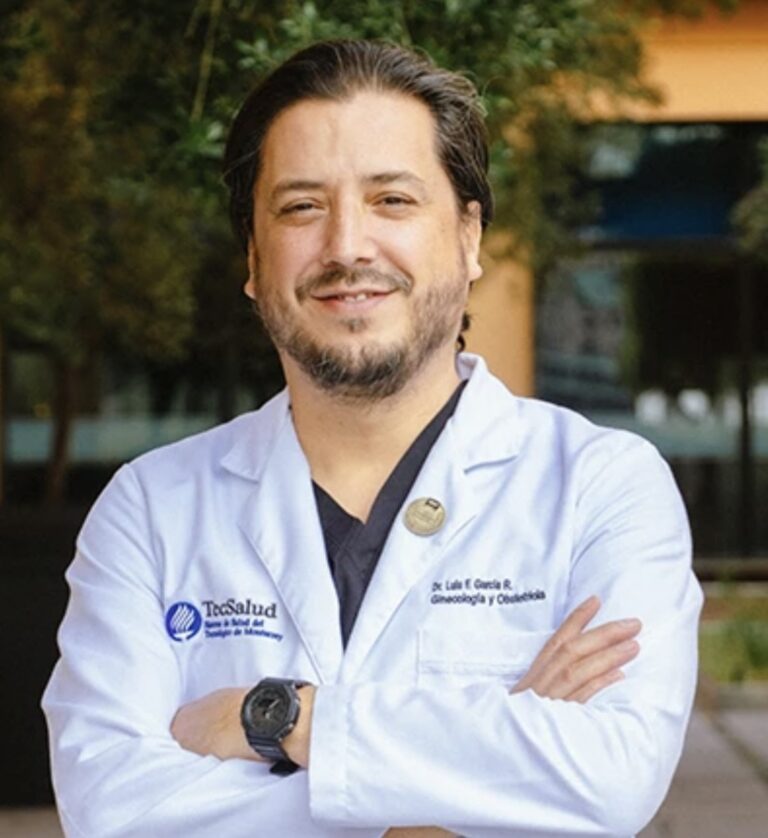
Dr. Luis Fernando García
Dr. Luis Fernando García, M.D.
Dr Fernando Garcia – Endometriosis Specialist
Summary: Dr Fernando Garcia is a trusted endometriosis specialist based in San Pedro Garza García, Nuevo León. Known for his compassionate care and clinical expertise, Dr Fernando Garcia offers a comprehensive, patient-first approach to managing endometriosis. With a deep understanding of the condition’s multifactorial origins—including Sampson’s theory, coelomic metaplasia, and lymphatic dissemination—Dr Fernando Garcia combines medical and surgical options tailored to each patient’s unique needs.
He specializes in excision surgery and often recommends oral contraceptives, progestins, and nonsteroidal anti-inflammatory medications as part of a well-rounded treatment plan. For patients experiencing persistent symptoms after surgery, Dr Fernando Garcia collaborates with a multidisciplinary team, including pain management experts and pelvic floor physiotherapists, to provide lasting relief and improve quality of life. Patients benefit from his warm, personalized approach and commitment to evidence-based care at every stage of their journey.
City: Nuevo León, San Pedro Garza García NL
Philosophy: Multifactorial. Sampson´s theory, chelomic methaplasia, hematologic and linfatic disseminatio
What type of surgery do you perform for endometriosis? Excision

Dr. José Eugenio Colon
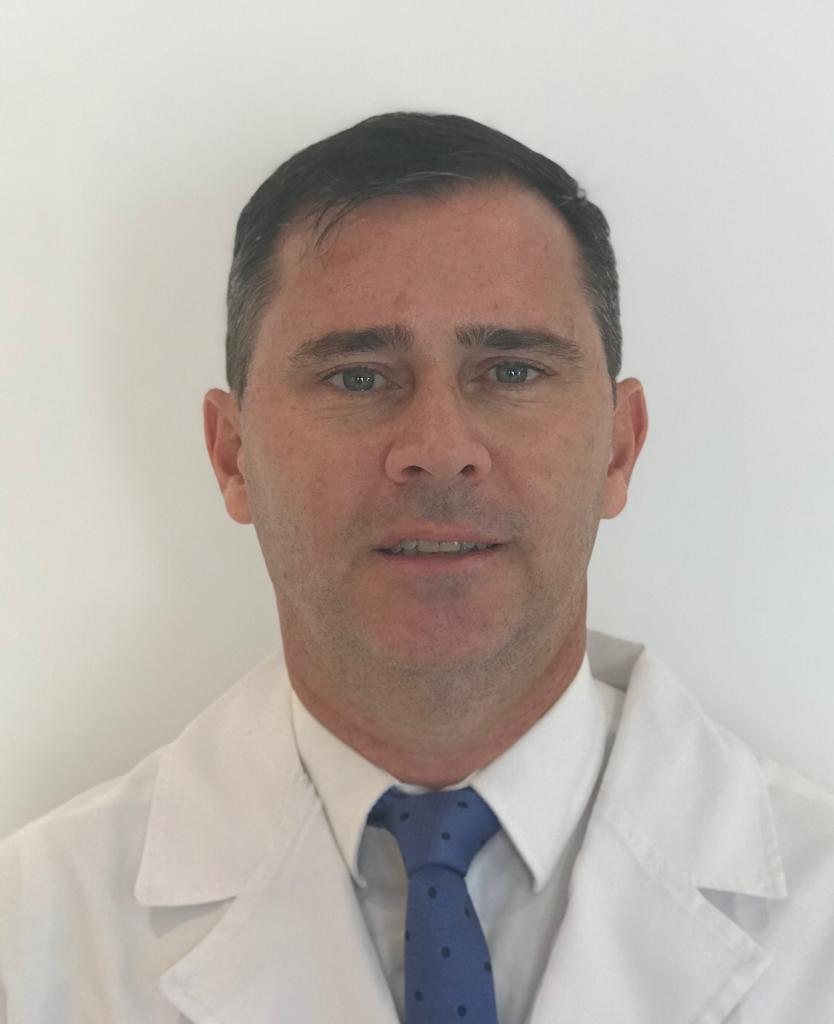
Dr. Alejandro González
Dr. Alejandro González, an expert in endometriosis specializing in gynecology and minimally invasive surgery. Gain insights into pelvic endometriosis, fertility, and treatment options.

Dr. Ana Gabriela Sierra Brozon
Dr. Ana Gabriela Sierra Brozon
Dr Ana Sierra – Minimally Invasive Gynecological Surgery
Summary: Dr Ana Sierra is a skilled minimally invasive gynecologic surgeon based in Mexico City, specializing in endometriosis care. With a deep understanding of the condition’s complexity, Dr Ana Sierra embraces a unique approach grounded in the mesodermal origin theory, viewing endometriosis as a congenital condition rather than one solely caused by retrograde menstruation. This insight shapes her commitment to early diagnosis and precision excision surgery, making Dr Ana Sierra a trusted choice for patients seeking expert, evidence-based care.
She creates personalized treatment plans that may include hormonal therapy, anti-inflammatory supplements, and pelvic floor physiotherapy. When persistent pain remains after surgery, Dr Ana Sierra conducts a thorough neuropelviology evaluation and collaborates closely with pain management specialists. Patients benefit from her thoughtful, multidisciplinary approach and dedication to long-term relief. With Dr Ana Sierra, endometriosis care is comprehensive, compassionate, and rooted in the latest medical understanding.
City: Mexico City, Mexico
Philosophy of Endometriosis Care: Our approach to the treatment of endometriosis is based on the mesodermal origin theory, which suggests that individuals are born with endometriotic-like cells due to embryological misdifferentiation of the mesoderm. This theory posits that endometriosis is not solely a retrograde menstruation phenomenon but rather a condition that originates during fetal development, where misplaced Müllerian or mesothelial cells retain their potential to differentiate into endometrial-like tissue later in life.
This perspective explains why endometriosis can be diagnosed in prepubertal patients, postmenopausal women, and even in cases without functional menstruation. It also underscores the importance of a comprehensive excision-based surgical approach, as the disease is not merely a result of refluxed endometrial tissue but rather a condition embedded in the developmental blueprint of the pelvic structures. Understanding endometriosis from a congenital standpoint allows us to refine treatment strategies, emphasizing early diagnosis, precision excision surgery, and a multidisciplinary approach to improve patient outcomes.
What type of surgery do you perform for endometriosis: Excision
Medication: Hormonal treatment, primarily progestins, only when necessary; anti-inflammatory diet; pelvic floor physiotherapy; anti-
Approach to Persistent Pain After Surgery: If the patient persists with neurological alterations, I perform an extensive neuropelviology evaluation and interconsultation with pain management specialists.
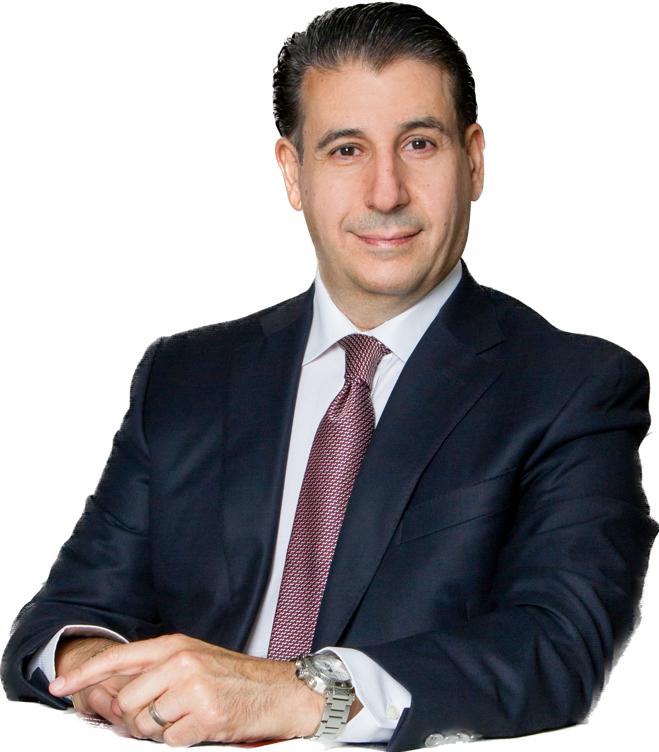
Dr. Abdala Karame
Dr. Abdala Karame, Endometriosis Specialist
City: Maracaibo, Venezuela
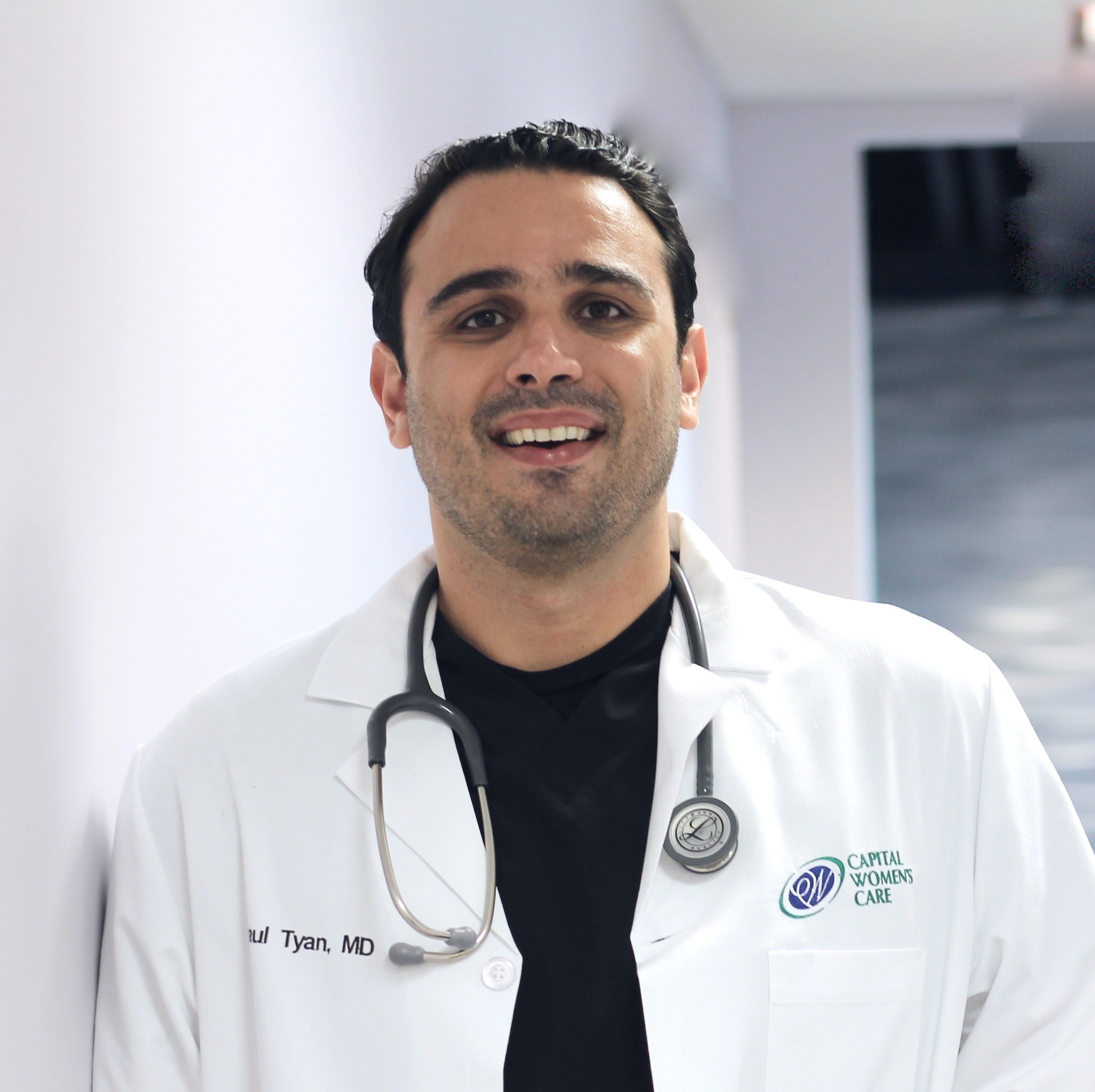
Dr. Paul Tyan
Dr. Paul Tyan, M.D.
Dr Paul Tyan – Endometriosis Specialist, Gynecologist, Minimally Invasive Gynecologic Surgeon
Summary: Dr Paul Tyan is a leading endometriosis specialist and minimally invasive gynecologic surgeon based in Arlington, VA. Known for his patient-centered approach and deep expertise, Dr. Tyan brings clarity and compassion to those navigating the complexities of endometriosis. Patients searching for experienced care often turn to Paul Tyan, or Dr Paul Tyan, for his commitment to evidence-based, individualized treatment plans. With a strong foundation in the latest research, including genetic and epigenetic insights, Dr Tyan endometriosis care emphasizes early intervention and holistic pain management.
He specializes in excision surgery and integrates hormonal therapies, physical therapy, and medication tailored to each patient’s needs. Whether you’re exploring treatment for deeply infiltrative endometriosis or managing persistent pain after surgery, Dr. Paul Tyan offers thoughtful, comprehensive support. With Dr Tyan endometriosis care, patients receive both advanced clinical knowledge and the compassionate guidance they deserve.
City: Arlington, VA, USA
Philosophy: In its most basic definition, endometriosis is the presence of endometrial cells (that form the inner lining of the uterus) outside the uterus. In some patients, those ectopic cells can produce an inflammatory response that is at the origin of various cascades that can lead to pain or scarring. There are multiple proposed theories about the origin of endometriosis. The only certainty is that the origin of endometriosis is multifactorial.
The retrograde menstruation or implantation theory is one of the initial principles of the pathogenesis of endometriosis;however, it has been challenged as the single cause for several years, as evidenced by the occurrence of symptomatic endometriosis in premenarchal and postmenopausal women. Also, by the fact that nearly all patients will have retrograde menstruation, but not everyone has endometriosis.
Most recently, we have had significant advances in the genetic and epigenetic theory of endometriosis. The clonality of endometriosis lesions and the cancer-driver genes that have been identified in deeply infiltrative endometriosis lesions shed light on the genetic component of the disease. Recent work on the epigenetic factors linked to external conditions affecting pluripotent cell behavior in the setting of endometriosis is a promising field set to unveil exciting information.
Keeping up to date with the intricacies of the pathogenesis of endometriosis is crucial to my clinical practice. Many patients will be counseled over the years that surgery is unnecessary at that blocking the menstrual cycle or hormonal suppression is sufficient for “curing” endometriosis. Explaining to patients the complex nature of the disease and the necessity of early intervention, especially in the deeply infiltrative endometriosis subtype, could be a crucial factor in decreasing morbidity and improving the quality of life of my patients.
What type of surgery do you perform for endometriosis?:
Excision
Medication: I recommend a combination hormonal contraceptive (birth control) for post-surgical suppression. In cases where a combination option is contraindicated, I recommend a progesterone-only option.
I recommend treatment with an SSRI, SNRI, or GABA-Analog for patients with central sensitization due to chronic pain secondary to endometriosis.
For patients with pelvic floor tension myalgia, I recommend physical therapy, various muscle relaxers, and trigger point injections or nerve blocks in warranted conditions.
Treatment plans tend to be individualized based on the patients’ presenting symptoms, surgical management, and postoperative course.
Approach to Persistent Pain After Surgery: For some patients, endometriosis excision is sufficient for complete symptomatic relief. However, some patients will still have symptoms after surgery. It is crucial to counsel patients before surgery that endometriosis excision is only one aspect of a comprehensive management plan that should involve central and peripheral pain management, pelvic floor physical therapy, and dietary modification.

Dr. Miguel Luna Russo
Dr. Miguel Luna Russo, Endometriosis Specialist, Gynecologist, Minimally Invasive Gynecologic Surgeon
City: Cleveland, Ohio, United States
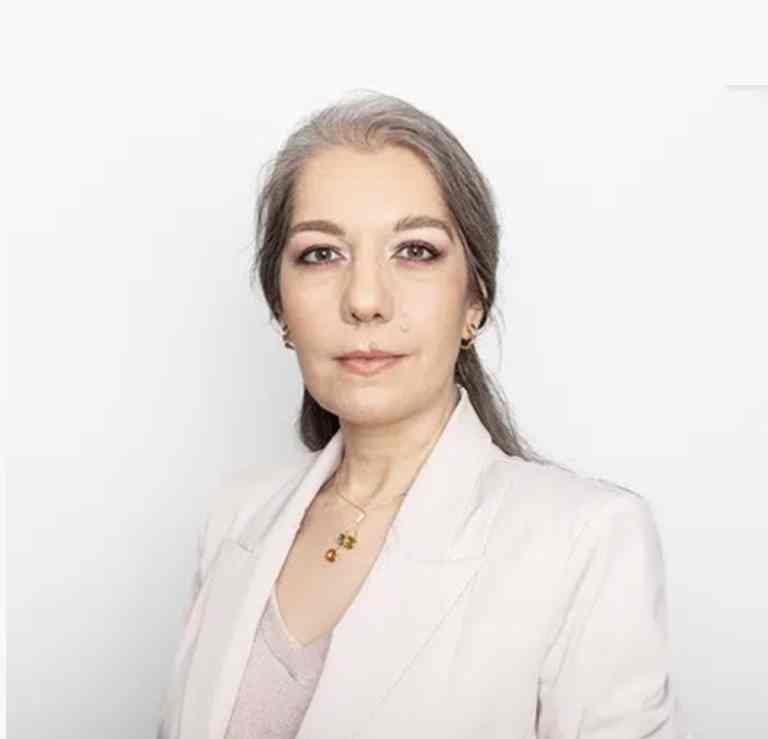
Dr. Elvira Bratila
Prof. Dr. Elvira Bratila, MD, Ph.D., Endometriosis Specialist, Gynecologist
City: Bucharest, Romania
Dr. Lawrence Sullivan
Dr. Lawrence Sullivan, Endometriosis Specialist, Gynecologist
City: Enosburg Falls, Vermont, USA

Dr. Benjamin Beran
Dr. Benjamin Beran, Endometriosis Specialist, Gynecologist, Minimally Invasive Gynecologic Surgeon
City: Milwaukee, Wisconsin, USA
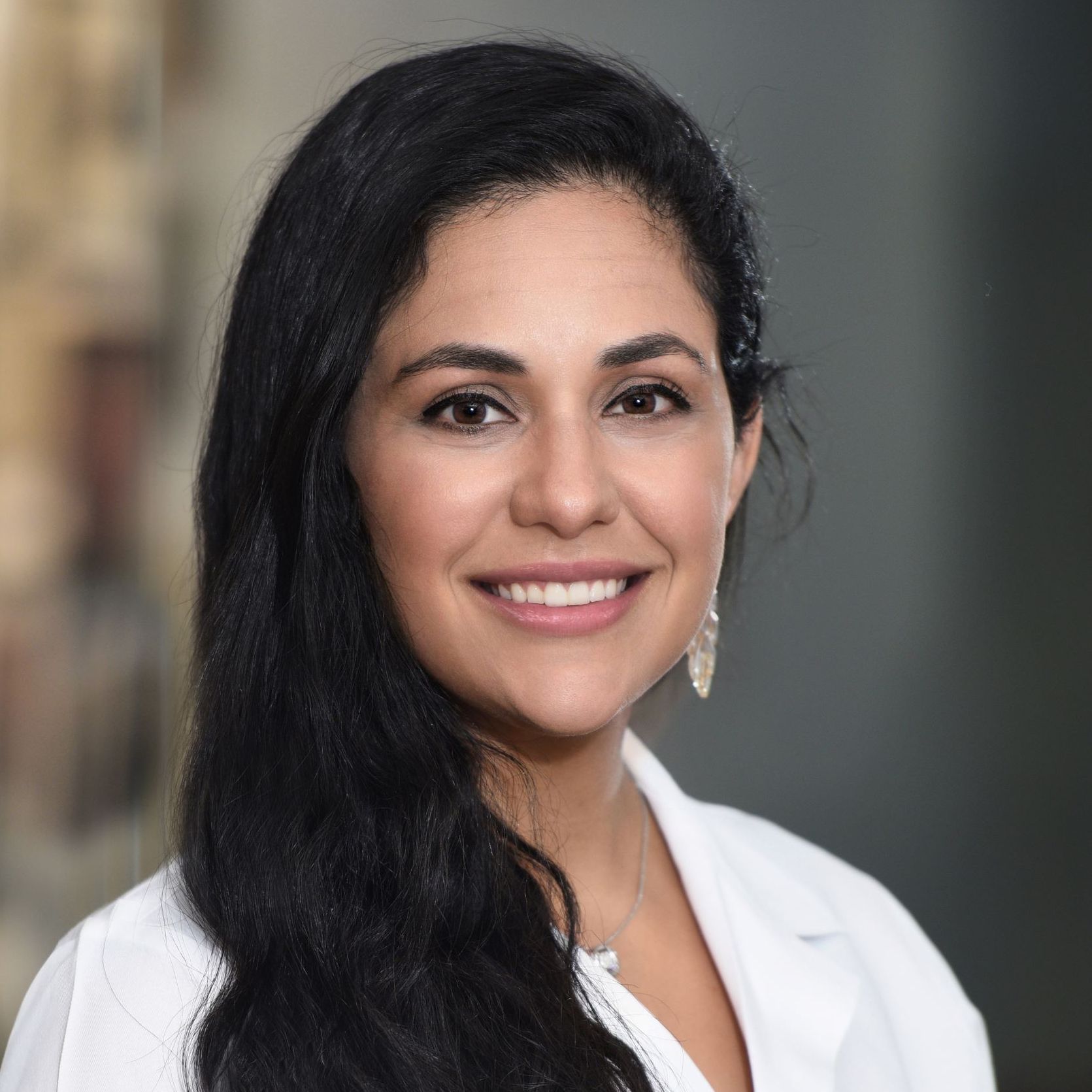
Dr. Stephanie Delgado
Dr. Stephanie Delgado, Endometriosis Specialist, Gynecologist, Minimally Invasive Gynecologic Surgeon
City: Miami, Florida, USA

